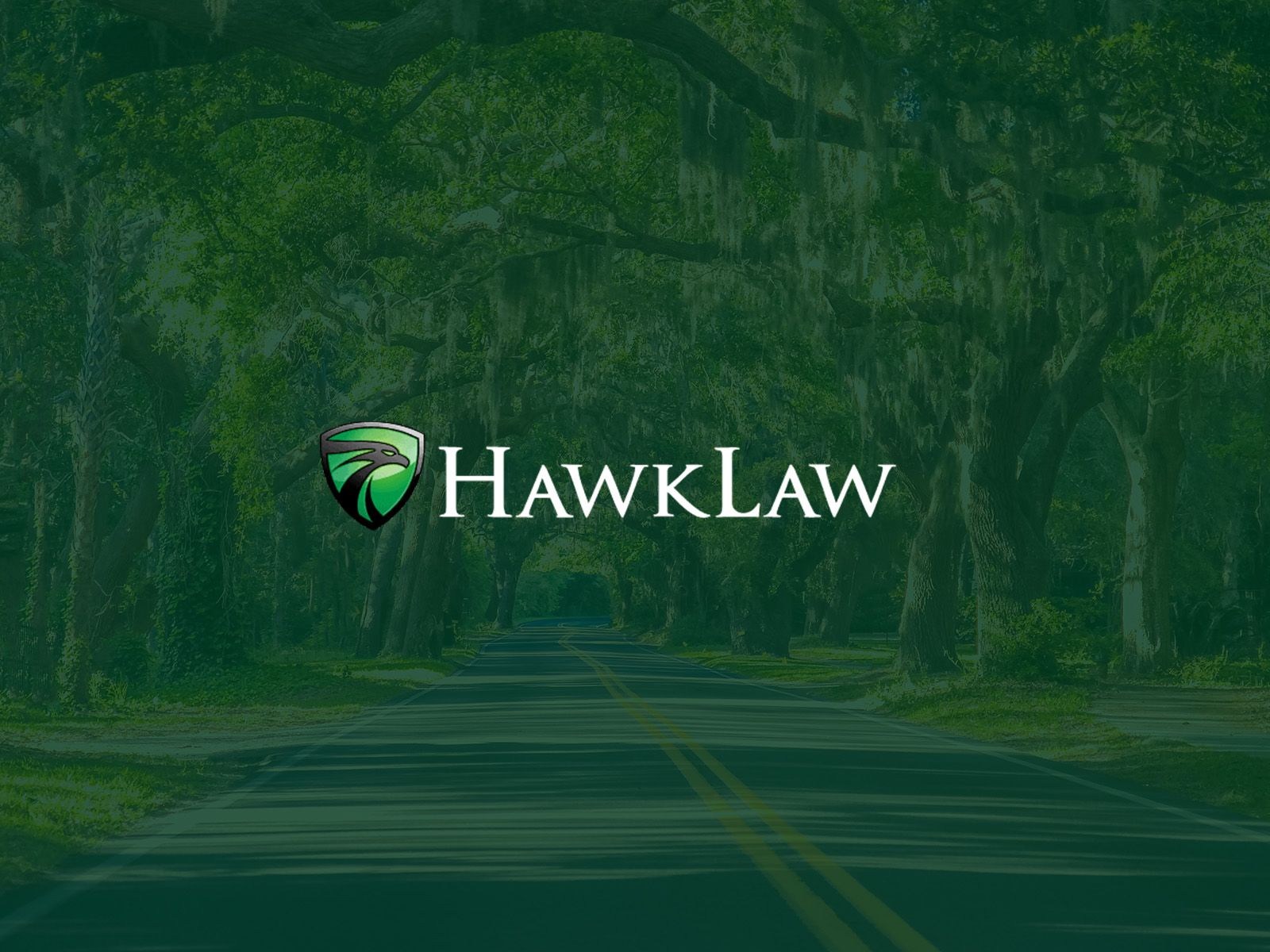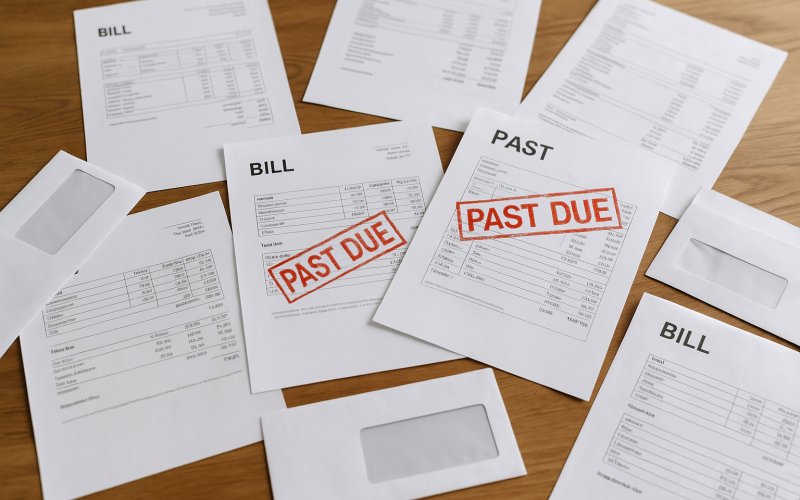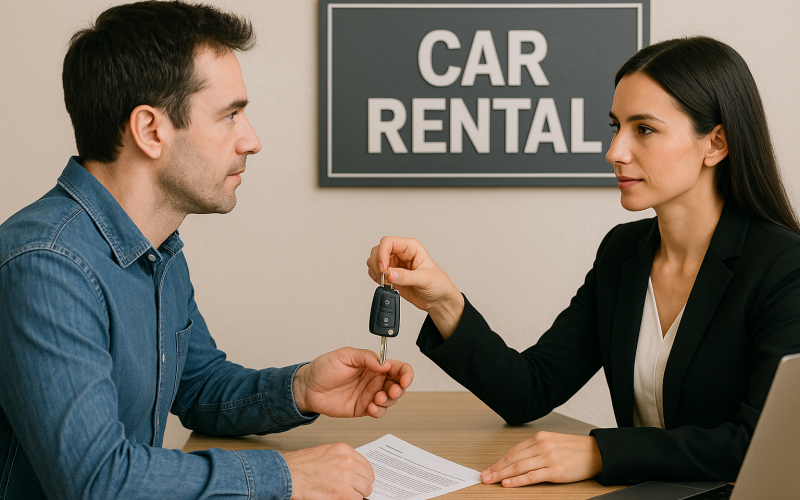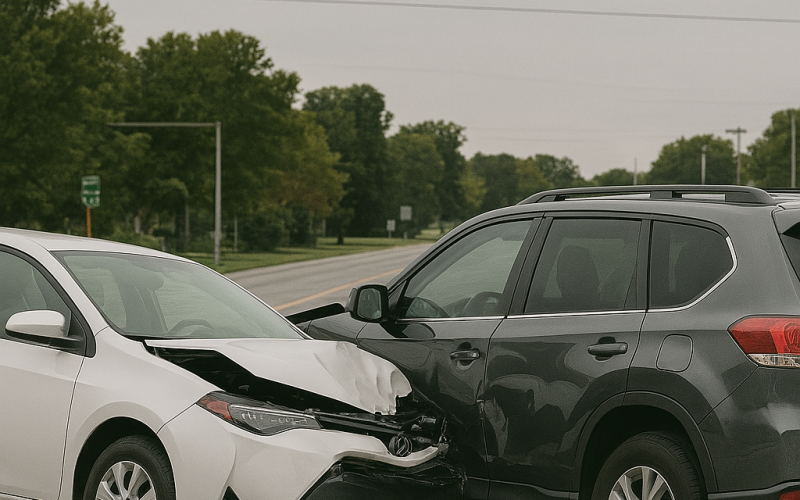What Questions to Ask a Lawyer After a Car Accident



When you’re hurt in a serious car accident, you may have plenty of questions about your claim. You may have no idea where to even start on your claim, and you’re suffering in the meantime. That situation can make it tough to recover from your injuries.
Luckily, your car accident lawyer in South Carolina can help. Check out the questions below and talk to your car accident lawyer about the details of your claim. They can help you determine what to do about your losses.
Do I Have to Report the Car Accident?
When you’re involved in a car accident, you want the aftermath done and behind you. The problem is that your car may be seriously damaged, or you were hurt in the accident. In certain situations like this, you may be required to call the police and file a car accident report.
If you fail to file a car accident report, you could be in legal trouble. In South Carolina, it’s a misdemeanor to leave the scene of a car accident. But filing a report can help you, besides avoiding a legal claim. Your South Carolina car accident lawyer can use that report in court and help you get compensated fairly.
What Do I Say to the Insurance Company?
When dealing with insurers, you may need to be careful about what you say to the insurance company. They may be recording, and they may use anything you say against you. Because of this, it’s often best to tell them you’ve had a car accident and that you may be due a settlement.
Do not accept blame for the car accident. If you do, they may try to reduce or dismiss your compensation in court. In fact, letting your car accident lawyer handle all conversations with the insurer can ensure you don’t inadvertently hurt your chance for compensation.
Am I Owed Compensation?
If someone else hit you in a car accident, you may have trouble getting compensated fairly for your injuries. You may be due compensation for economic and non-economic damages. Damages are the losses you’ve suffered because of the accident.
These damages aren’t always easy to calculate. You may know how to add up your financial losses, like medical bills and lost wages, but what about your intangible losses? What about the costs of your emotional suffering or pain? Your car accident lawyer can step in with the right tools here. They can help you calculate more difficult damages, such as pain and suffering or future expenses for your accident.
How Can a SC Car Accident Lawyer Help Me?
When you’re hurt in a car accident, it can feel impossible to recover. You have all kinds of questions about the specifics of your car accident, and you’re stumped. You may be wondering if a lawyer can actually help you. Statistically, injury victims who hire a lawyer to represent them have a 90% chance of compensation compared to unrepresented people, who only receive compensation about 50% of the time. More than that, claimants with a lawyer walk away with around three times more money on average than claimants who represent themselves, even after paying their legal fees.
Questions to Ask a Potential Personal Injury Lawyer
Your personal injury lawyer plays a critical role in your claim, so you want to be confident about your choice. During the initial consultation, make sure that you ask the following questions and look for key answers to choose the right attorney for your needs.
#1. What practice area experience do you have?
Look for attorneys who can explicitly describe claims similar to yours. Some attorneys work personal injury claims from car accidents to medical malpractice claims while others focus their work in certain areas. Find the attorney who has represented several claimants in a specific practice area and will share a personal success rate.
#2. How long have you practiced in this jurisdiction?
Green attorneys can provide excellent legal representation, but seasoned attorneys who have built practices in specific geographical areas may offer the upper hand. You can find a lawyer’s current standings on the Scbar.org website.
#3. Will you serve as the primary attorney on my claim and can I access you directly during the case?
Many law firms assign teams to handle claims, and claimants may rarely speak to the lead attorney. Look for a firm that gives you access to the lead attorney or an associate who can demonstrate a high degree of knowledge about your claim.
#4. Can you take my claim to trial if needed?
Some attorneys prefer to settle claims outside of the courtroom while others take every opportunity to go to trial. An attorney willing to work in both settings often provides the most prudent legal advice. In some cases, a settlement makes more sense. In others, a trial is the only way to enact meaningful change. Find an attorney focused on your recovery rather than a particular strategy. Every case is different.
#5. Will you explain your fee structure?
The majority of personal injury attorneys work on contingency. They do not charge their clients for their work until they secure compensation. While a client may not pay attorney fees until after settlement, he or she may face responsibility for other costs associated with the case. Ask all prospective attorneys about the breakdown of possible charges to fully understand what an attorney might cost.
#6. How many cases do you accept at one time?
Some attorneys accept too many cases at once and cannot dedicate enough time and resources to pursue the right strategy. Others may only work part time and fail to provide the kind of energy you deserve throughout a claim. Look for an attorney who understands time management.
#7. Will you provide a list of references?
Firsthand experience from other clients will give you a different perspective about legal services. Talk to a former client about accessibility and the attorney’s approach to the case.
#8. Has the bar ever suspended you for any reason?
An investigation or a suspension may not be a deal breaker. Listen for the attorney’s answer. If the suspension occurred long ago, was dismissed, or does not apply to your needs, then it may not affect an attorney’s ability to handle your claim.
Don’t be afraid to engage your prospective attorney in a very frank and straightforward conversation about his or her skills and experience. At the end of the conversation, you should have the right credentials and enough details to make an informed decision about your personal injury lawyer of choice.
We Are Here to Answer Your Questions
If you still have questions, the lawyers at HawkLaw, PA can help. We have resources and experience to help you get the compensation you are due after an accident. To set up a free consultation* with a lawyer, call 1-888-HAWK-LAW (429-5529) or complete the online contact form below.
John D. Hawkins
John Hawkins is the Founder and CEO of HawkLaw He has been licensed to practice law in South Carolina since his graduation with honors in 1994 from the University of South Carolina School of Law, where he was on the Law Review and Order of Wig and Robe.
-
$3,000,000*SettlementTrucking Accident
-
$1,005,000*SettlementCar Accident
-
$575,000*SettlementPersonal Injury
"*" indicates required fields









